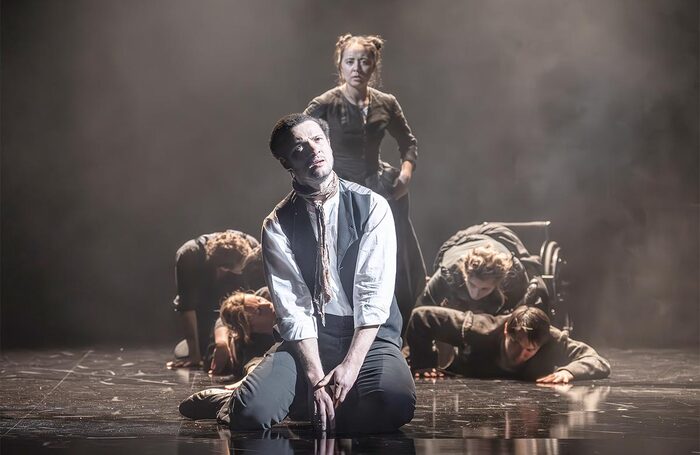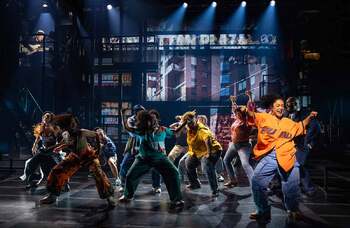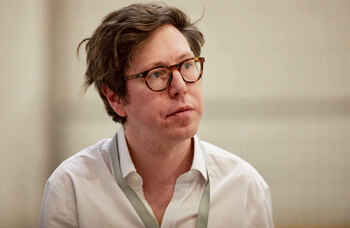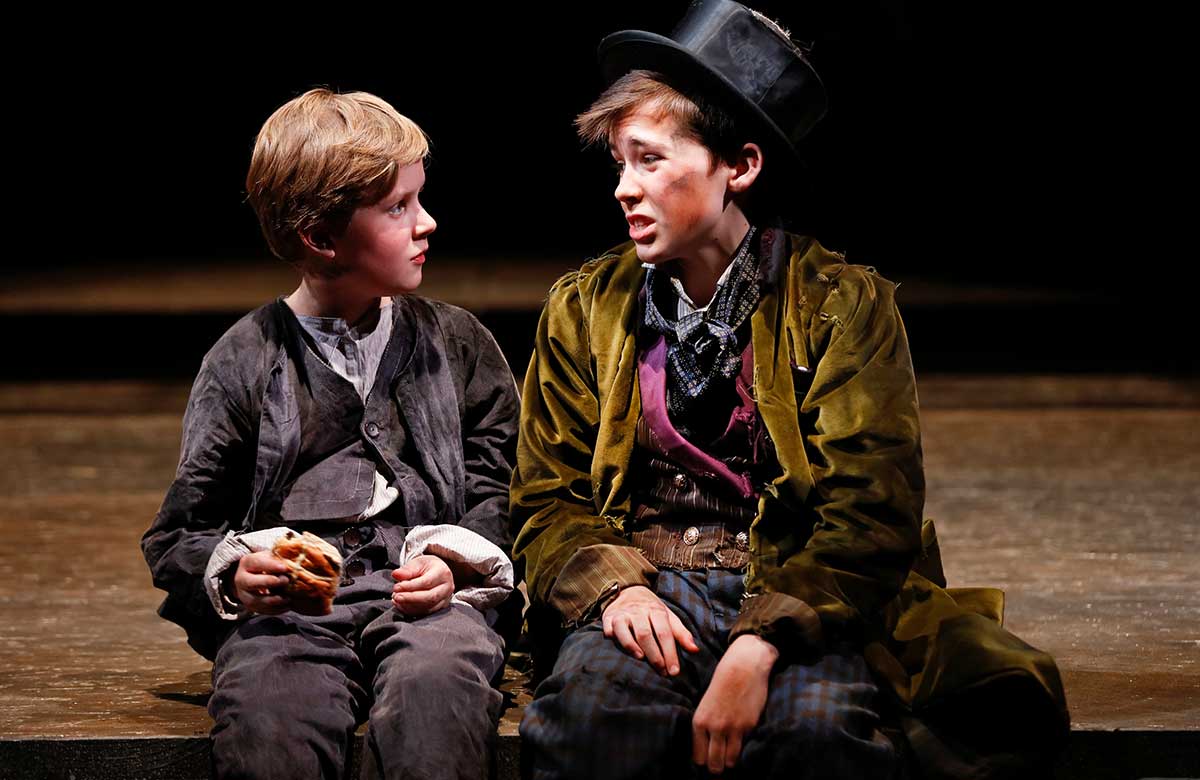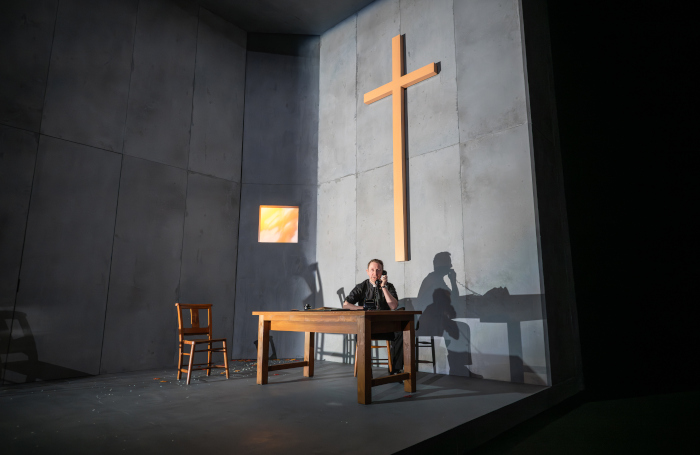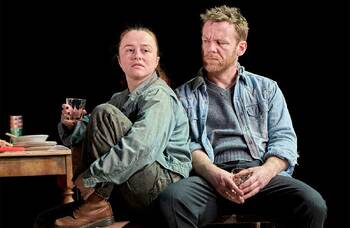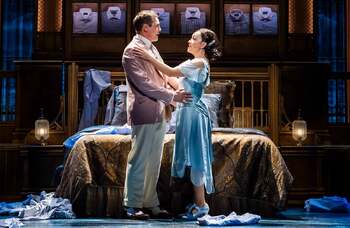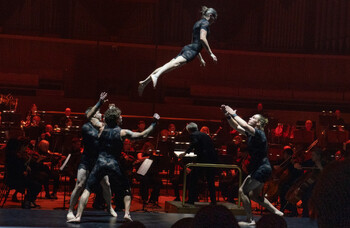London Tide review
Dickens adaptation with songs by PJ Harvey teems with ideas and images
What is a city? Much more than just architecture, it’s the people who live there, as well as all those who walked its streets in the past, and others who will tread them in the future. In this adaptation of Charles Dickens’ complex late novel Our Mutual Friend, author Ben Power and musician PJ Harvey anatomise a teeming London, its main artery the river Thames. It’s ugly-beautiful, a vision of a metropolis stalked by poverty, desperation, violence, and by ghosts, in which lives are swallowed whole by the filthy water.
Ian Rickson’s production meets that imagining with a flinty, hard-edged staging. Its chill and toughness are a refreshing change from the frills, furbelows, comical twitter and sentimentality of many Dickens dramatisations, and Power slices the fat from one of the writer’s most intricate and convoluted narratives. But emotional impact is a casualty. The piece packs in plenty of pertinent allusions to enduring issues – divisions of gender, class and wealth, misuse of power – yet its characters don’t quite come to life, drowning in the politics and plot mechanics; and it’s never as propulsive or as gripping as it needs to be to compel us to follow every one of its serpentine bends.
Continues...
The story intertwines two sets of troubled passions: that of John Rokesmith (Tom Mothersdale), a mysterious drifter in love with the ambitious, life-hungry, working-class Bella Wilfer (Bella Maclean); and of Eugene Wrayburn (Jamael Westman), an altruistic lawyer with a saviour complex, who adores Lizzie Hexam (Ami Tredrea), daughter of a boatman falsely accused of murder. Much of the turmoil is due to the meddling of a wealthy dead patriarch – an ex-dustman made good, who decreed in his will that his son must marry Bella in order to inherit his fortune; when a corpse supposed to be that of the young man is pulled from the Thames, Bella becomes not a bride, but a widow. Further deceit and confusion also stand in the way of the quartet’s happiness, as well as the women’s reluctance to capitulate to men who objectify, manipulate and idealise them.
There’s much more besides, with images of death, resurrection and redemption recurring, and even if Power’s dialogue is at times declamatory, Rickson delivers it all with impressive lucidity. Bunny Christie’s design is stark, some water-logged wooden planking and plastic sheeting suggestive of the river; an exposed lighting rig rises and falls, as if floating on the swelling tide. A trio supplies the accompaniment to Harvey’s songs. There are moments when the play is slightly reminiscent of Sondheim’s Sweeney Todd or Gay’s Beggar’s Opera – but this is decidedly not a musical. The songs are eldritch, folk-inflected – minor-key chorales, or ballads full of accusation or keening lament. Anna Morrissey’s movement, which sees the cast clambering on to the stage from the pit as if from muddy riverbanks, keeps everything restless, summoning at once bustling streets and surging waters.
The performances are sinewy and direct, with Ellie-May Sheridan scene-stealing as Lizzie’s sparky, sharp-minded friend Jenny Wren, who ekes out a living making clothes for dolls – toys that embody a Victorian feminine ideal. Scott Karim’s reptilian Bradley Headstone, so melodramatically villainous that he lacks only a moustache to twirl, strikes the only jarring note. And yet it all washes over you – impressionistic, swirling with ideas, but lacking a strong dramatic current.
More Reviews
More Reviews
Recommended for you
Most Read
Across The Stage this weekYour subscription helps ensure our journalism can continue
Invest in The Stage today with a subscription starting at just £7.99
